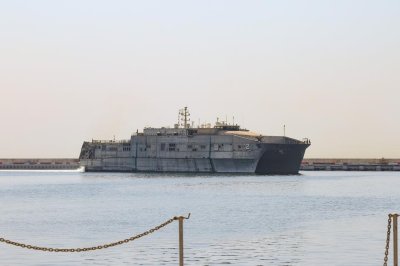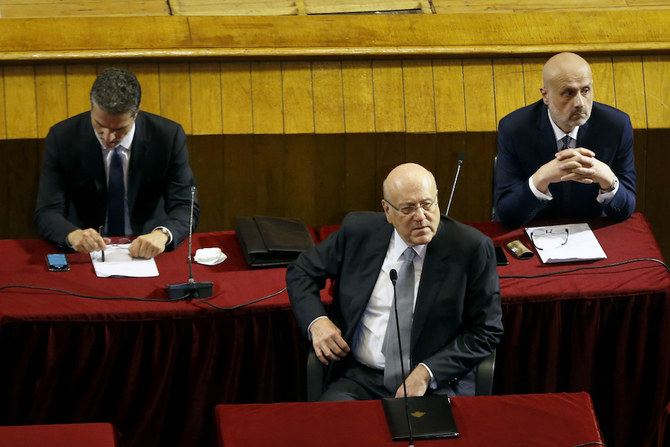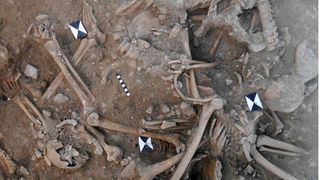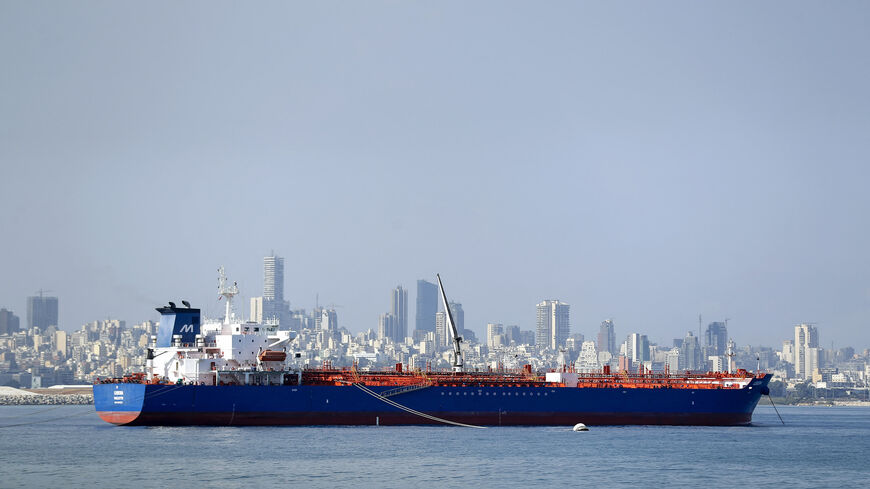تفصيلٌ أن نكونَ مع هذه الحكومة، وتحصيلٌ حاصِلٌ أن نكونَ ضِدَّها. فتَمنّي النجاحِ لها في معالجةِ القضايا اليوميّةِ، الَّلهُمَّ عبرَ المؤسّساتِ الشرعيّة، لا يَحجُبُ جُنوحَ أكثريَّتِها نحو المحورِ السوريِّ/الإيرانيِّ رغمَ التَبنّي الفرنسيِّ الجانِحِ نسبيًّا هو أيضًا، ورغمَ خصوصيّةِ تقديرِنا رئيسَها وبعضَ وزرائِها الأكفياء تقنيًّا وأخلاقيًّا. إنَّ اعتبارَ هذه الحكومةَ “مجلسَ إدارةِ” الأزمةِ الاقتصاديّةِ والمعيشيّة، لا يَحولُ دونَ اعتبارِها أساسًا “مجلسَ حكمِ” المنظومةِ السياسيّةِ والعسكريّةِ الشرعيّةِ وغيرِ الشرعيّةِ التي انْقلبَت على مفهومِ لبنان ووجودِه ودورِه وهويّتِه، واتّبعَت سياسةً تَقصَّدَت إفقارَ الشعبِ وإفلاسَ البلد.
بمنأى عن ذلك، مُنِحَت هذه الحكومةُ فترةَ سَماحٍ، لكنّها أخفَقَت في استخدامِها، إذ اعْتكَفَت منذ يومِها الأوّل عن مواجهةِ ظواهرَ تَـمُسُّ دستورَ لبنان وسيادتَه، وحدودَه شرقًا وجنوبًا، وتنالُ من استقلاليّةِ قضائِه. هكذا فقَدت ثقةَ الشعبِ قبلَ نَيلِ ثقةِ المجلسِ النيابيِّ المختصَرِ فيها، وسَقطَ الفارقُ بين السلطتَين التشريعيّةِ والتنفيذيّة، وبين المحاسِبِ والمحاسَب.
منذ سنواتٍ والبياناتُ الوزاريّةُ ليست خريطةَ طريقِ الحكومات، إنّما مجرّدُ مَـمرٍّ تقليديِّ لتبريرِ التصويتِ على الثقة. والعَجَلةُ الاستثنائيّةُ التي تُلِيَ فيها البيانُ الوزاريُّ ونوقشَ وصُوِّتَ عليه، يؤكّدُ أنَّ الثقةَ معلَّبةٌ مثلُها مثلُ التأليف. ليس في هذا البيانِ الوزاريِّ سيفٌ. وليس فيه روحُ شعب. وليس فيه روزنامةٌ تنفيذيّة. وليس فيه ثقافةٌ سوى نِصفِ سطرٍ من أصلِ تسعِ صفحات. غَلبَت على البيانِ الوعودُ على الالتزاماتِ، والمساوماتُ اللغويّةُ على وضوحِ المواقف. جاء البيانُ سَرْديًّا في وطنٍ سَئِمَ الحَكواتيّين، وتقليديًّا في ظرفٍ استثنائيّ، ومُسرِفًا في مواضيعِه كأنَّ الحكومةَ باقيةٌ دهرًا.








